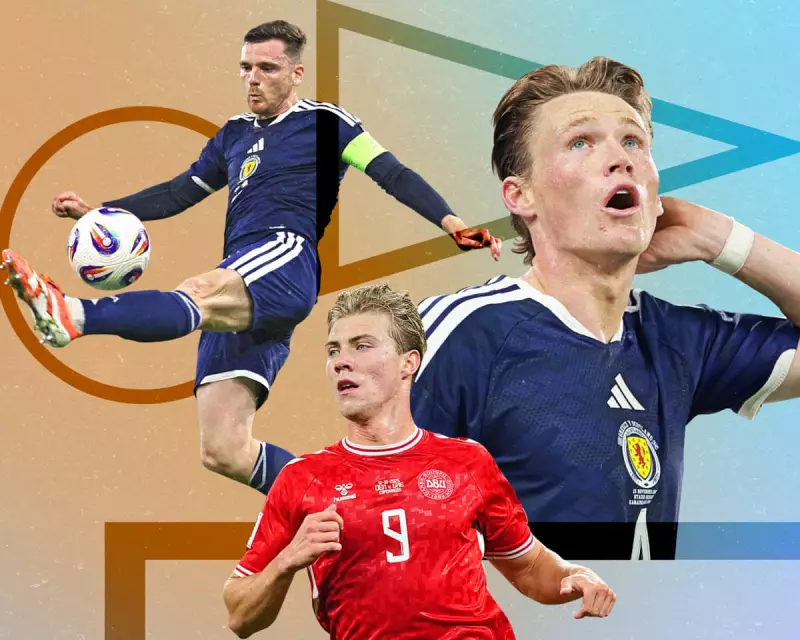
Scotland stands on the precipice of football history, with a single match against Denmark determining whether they end their 26-year World Cup exile. The equation is beautifully simple: win at Hampden Park on Tuesday night and qualification for the 2026 tournament is guaranteed.
The Weight of History
Modern Scottish football history has taught supporters to temper expectations, but even the most cautious fan cannot ignore the significance of this moment. Scotland haven't graced a World Cup since France 1998, and you must rewind to 1989 for their last successful qualification decider in front of a Hampden crowd. This isn't just another match; it's a potential landmark occasion for a generation.
Captain Andy Robertson, a Champions League winner with Liverpool, embodies the mixture of excitement and caution gripping the nation. When asked what leading Scotland to a World Cup would mean, the defender offered a revealing response. "I don't like thinking about it and that's the honest answer," Robertson admitted. "I'm excited and looking forward to a one-game shootout for the World Cup. If it happens, I'll tell you how I feel about it."
Handling the Pressure Cooker
Manager Steve Clarke faces the tactical challenge of ensuring his players aren't overwhelmed by the occasion. The Danes, regular tournament competitors, would relish capitalising on Scottish nerves.
"The players have got a job to do," Clarke stated. "If they are not nervous or excited by the challenge ahead then they wouldn't be at this level. They understand the magnitude of the game and what it means, but they just have to prepare for a game of football."
Clarke emphasised that focus is paramount: "When they cross the white line, they have to go out and play. And if they go out and play like they can play, then I believe they are good enough to get the result we need."
A Twist of Fate and Rising Belief
Scotland's position owes much to an unexpected favour. Their pathway simplified dramatically when Denmark surprisingly failed to beat Belarus on Saturday. A Danish victory in that match would have consigned Scotland to the playoffs regardless of their result against Greece.
This has fostered a growing belief that fate may be on Scotland's side, though Robertson remains pragmatic. "It is dangerous territory, I don't believe in that," he said regarding any celestial intervention. "While not defending our performance what Saturday did show was that Belarus are a very good team."
Despite a sometimes unconvincing campaign, including a narrow victory over Belarus last month, Scotland sit second in Group C with 20 points, just one behind leaders Denmark. The attacking verve displayed in spells during their 3-2 loss to Greece, particularly Scott McTominay's influential second-half performance, provides genuine cause for optimism.
Denmark arrive in Glasgow close to full strength, with striker Rasmus Højlund recovering from illness and expected to start. Their coach, Brian Riemer, dismissed suggestions his team would be despondent after the Belarus draw. "I don't think that's possible with top professional footballers," Riemer asserted.
For Clarke, success would represent the ultimate vindication. "When I took the job six and a half years ago, a lot of people were telling me not to touch it," he recalled. "I looked at the group of players and I said I could see some quality there... We have managed to achieve good things and now we have another very, very good thing we can achieve together."
The stage is set. The prize is immense. For Scotland, 90 minutes now separate them from ending nearly three decades of World Cup longing.





